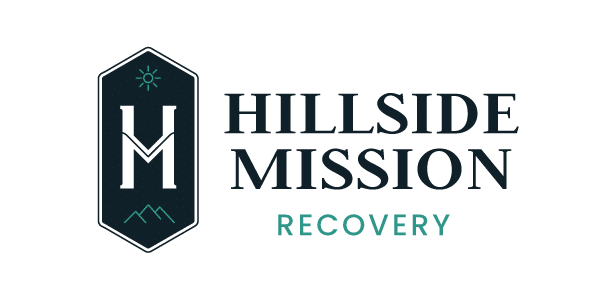“Is addiction an illness?” is a question that is asked fairly often. Although there is a lot of accurate information available to those researching addiction, there are still a lot of common misconceptions regarding the topic. Is addiction indeed an illness? Or is it a lack of willpower?
The American Medical Association (AMA) categorized addiction as a disease in 1987. And rightfully so because addiction is a disorder that goes far beyond a ‘lack of willpower’.
Addiction involves compulsive use of drugs or alcohol irrespective of the outcomes. People also can get addicted to behaviors such as gambling, sex, and eating. Just like other illnesses affect different parts of the body, addiction changes the way the brain functions.
Is Addiction an Illness?
Addiction is an illness, according to many medical and mental health associations. Although the definition and opinions of addiction can vary slightly.
SAMHSA, NIDA, The American Society of Addiction Medicine, and the National Institutes of Health (NIH) all agree that Addiction shares features with other chronic illnesses. How is this possible?
There is a lot of argument about whether addiction is an illness or not, and it is expected. Addiction often begins as a choice, a voluntary act. A bottle of drink for a good time, some drugs to sleep, some pills to have fun, and then addiction slowly slips in.
In some cases for certain people, the simple act of picking up an alcoholic beverage can turn into a full blown alcohol addiction.
How Addiction Changes the Brain
- Drugs or alcohol cause the brain to release dopamine, a ‘feel-good” chemical released when doing something pleasurable.
- The brain teaches the body to repeat the behavior to get a new release of dopamine. Hence your body wants to repeat that activity— in this case, substance use —to feel good.
- The more you use the substance, the less dopamine is released. Therefore, you need to increase doses of the substance to get more dopamine.
As a result, not only does the person need larger doses of the substance to feel a particular effect, but they associate the use of the substance to their survival.
At this point, it is no longer an activity of choice because the brain and the body are now addicted to it and need it to function.
Risk Factors
Like many illnesses, some people are at greater risk for addiction. These risks are often out of one’s control and, again, make addiction more of a disease than choice.
Some of these factors include:
- Genetics
- Environment
How Is Addiction Treated?
Addiction is a treatable disease. Just like other illnesses like diabetes or depression, the best way to manage the disease is to seek professional help.
According to SAMHSA, about 20.7 million people needed addiction treatment in 2017, and only 2.5 million people received it.
There are a lot of approaches to treat addiction. However, the first step is acknowledging the problem and visiting a medical or mental health professional for an assessment.
Treatment involves addressing the symptoms, the underlying cause of addiction, and the aftermath of the substance in the person’s life. Treatment may vary depending on the substance in use, risk factors, underlying illnesses, and the patient’s unique needs.
Addiction treatment programs may include:
- Detoxification
This involves withdrawal management and removing the toxins of alcohol or drugs from the body.
- Therapy
Therapy includes Cognitive-Behavior Therapy, Rational Emotive Behavior Therapy, and contingency management. These methods help to identify and address behavioral addiction patterns and ways to cope with them.
- Medications
Sometimes medications are combined with therapy for long-term recovery, depending on the substance a person is addicted to. Some medications will reduce a person’s cravings and addictive behaviors.
- 12-Step Facilitation or Group Therapy
The 12-step program is a popular type of group therapy used to treat addiction. Group therapy involves recognizing the consequences of addiction, learning control, and participating in group meetings for support and discussions.
Get Help at Hillside Mission Today
So to answer your question, is addiction an illness? Yes. Is addiction a choice? No. However, getting the right treatment is a choice.
Need help with addiction? Let Hillside Mission help!
At Hillside Mission, we offer unique addiction treatment approaches, including inpatient addiction treatment, detoxification, therapy, and medications. We also offer a luxurious treatment facility and professional staff who care about every client’s recovery.
Contact us today to start your road to recovery!






